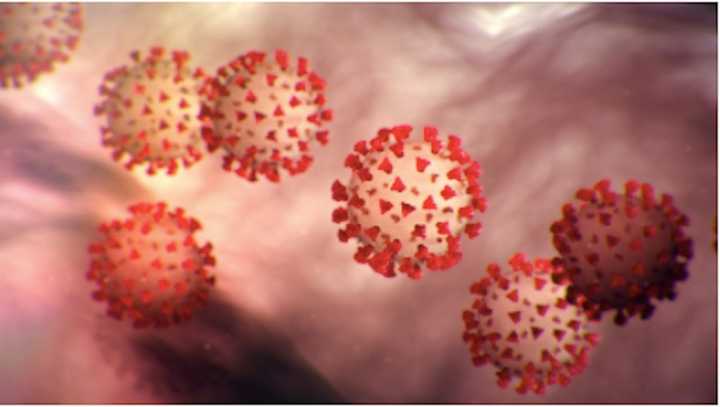Health officials had been bracing for the first such Omicron case for days, and early Wednesday afternoon, Dec. 1, the Centers for Disease Control & Prevention confirmed a person in California has been infected with the new strain.
The San Francisco Department of Health said the individual was a traveler who returned from South Africa on Monday, Nov. 22, and tested positive for COVID on Monday, Nov. 29.
The individual was fully vaccinated and experienced mild symptoms that are improving at this point, Dr. Anthony Fauci, the director of the National Institute of Allergy and Infectious Disease said at a White House news conference.
In response to a question, Fauci said he did not believe the person had received a booster shot.
The first North American cases were ID'd in Canada. Both were in Ottawa, Ontario Health Minister Christine Elliott said in a statement released Sunday evening, Nov. 28. The two infected people had traveled from Nigeria and have been isolated, Elliott said.
The Omicron variant, whose name comes from the 15th letter of the Greek alphabet, is spreading fast in Europe after the first case was identified by scientists in South Africa on Tuesday, Nov. 9.
Including the United States, the Omicron strain has now been confirmed in 24 countries.
The World Health Organization (WHO) designated Omicron, originally identified as the B.1.1.529 strain, as a "variant of concern" in an emergency meeting on Friday, Nov. 26.
"Omicron has more than 50 variants that make it different from the original virus, including more than 30 that are in the spike protein," Dr. Francis Collins, director of the National Institutes of Health (NIH), said Sunday morning on CNN.
The spike proteins sit on the outside of the virus, enabling it to get inside a person's cells.
"The Omicron version of that, because of those changes, is going to have a different shape, and of course that is what the antibodies are directed against," Collins said on CNN. "So the question is, will the antibodies generated by the vaccines that we've all had or should have had enable us to be protected against this virus.
"I think there are good reasons to think it will probably be OK, but we need to know the real answers to that, and that's going to take two or three weeks."
Travel restrictions ordered by the Biden Aministration went into effect on Monday, Nov. 29 covering South Africa and seven surrounding countries: Botswana, Zimbabwe, Namibia, Lesotho, Eswatini, Mozambique, and Malawi.
Click here to follow Daily Voice Peekskill and receive free news updates.

